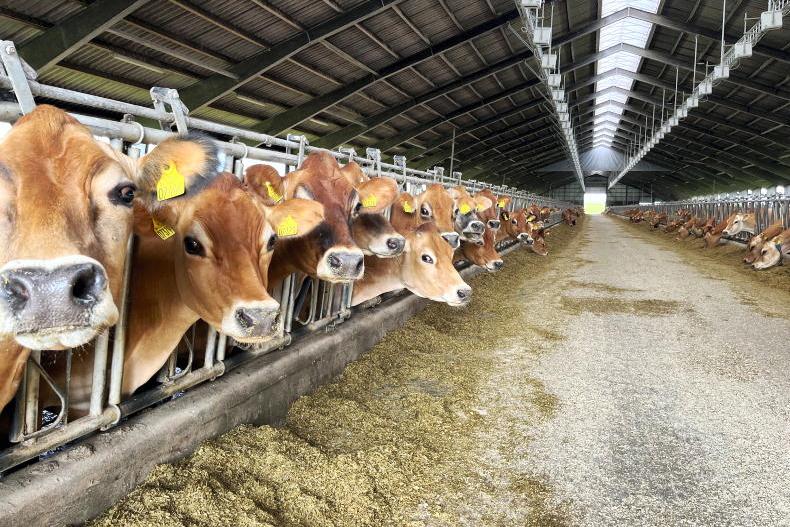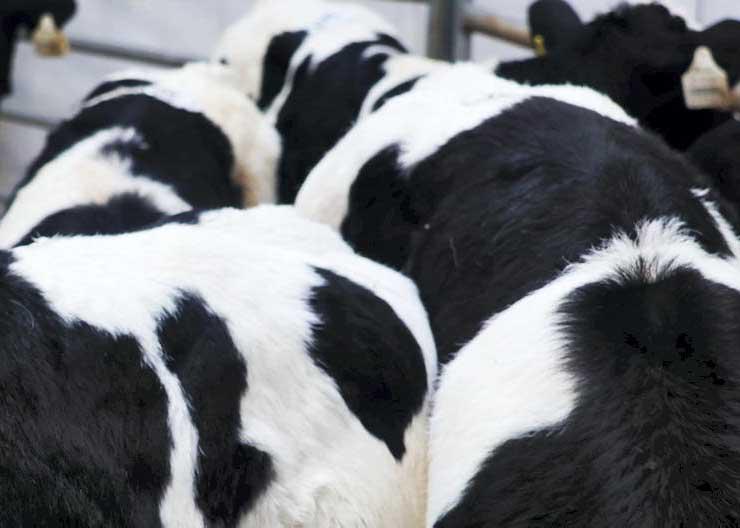Ireland’s most important trading partner faces two big political choices over the next few years. Scotland votes in September on whether to depart the United Kingdom and there will be a referendum on the UK quitting the European Union in 2017 if the Conservatives win next year’s general election.
The bookmakers are offering odds of around 4/1 against a Scottish exit from the UK with the opinion polls showing voter support for an exit at 40% and below, so the chances are Scotland will remain in the UK, but there can be late swings in referendum polls, as we know well in Ireland.
Exit from the EU would require a Conservative victory, followed by an exit majority at the referendum. Combining the bookies’ figures for these two events gives odds of about 6/1, so neither of the two changes is probable, but strange things happen and public opinion is fickle.
A Scottish exit from the UK would have no great consequences for Ireland, beyond the cost of yet another diplomatic mission in Edinburgh, to add to the 80-plus already on the payroll. But a UK exit from the European Union would be a different matter. Ireland withdrew its application to join the (then) Common Market, the EU’s predecessor, back in the 1960s when UK entry was stymied by France. Ireland eventually joined, alongside the UK, in 1973.
Thus, Ireland has never been in membership of the EU without the UK, and a UK exit would pose some difficult questions for this country. Should a British exit arise (will the Scots have a vote, if they have already quit the UK?), the 2017 vote will be followed, under a procedure laid out in the Lisbon Treaty, by detailed negotiations on the terms of departure. These will naturally focus on the trading relationship and on freedom of movement for capital and labour.
It is probable that a free trade relationship will be sought by both sides and agreed, but the UK will want safeguards against non-tariff barriers to its exports to Europe. Some of the mainland European countries are pretty slick at discouraging import competition through all sorts of manoeuvres, the French in particular.
At present, any foul play is refereed by the European Commission and the UK will doubtless seek assurances of an effective successor arrangement.
Free movement of capital is important to the long-term prosperity of the City of London, the metropolis of European finance. Alternative financial centres, including Paris and Frankfurt, have failed to wrestle business away from London despite Britain’s non-membership of the eurozone. The UK will be keen to protect the City’s pre-eminence.
Free movement of labour could prove to be contentious. UK business will wish to retain a reasonably open door, and UK citizens have doubtless gotten used to the idea that they do not need work permits if they fancy a spell working on mainland Europe. There are apparently some who already commute to Paris by Eurostar.
Irish difficulties
For Ireland, this could be a particularly difficult issue, since the two islands have always functioned as a common labour market. If Britain leaves the EU but Ireland chooses to remain a member, could the Ireland/UK common labour market survive unaffected?
The mainland European countries have a common travel zone, called the Schengen area. Twenty-two of the EU’s 28 members are covered by the Schengen agreement, which permits unrestricted travel without border checks of any kind. Four of the non-members (Bulgaria, Rumania, Croatia and Cyprus) are legally obliged to join in due course, which leaves just two who have negotiated opt-outs. These happen to be Ireland and the United Kingdom, which have operated their own common travel area without border checks since 1921 when the Irish State came into being. Can this arrangement survive a UK exit from the EU?
CAP exemption
Presumably, the UK would cease to be governed by the rules of the Common Agricultural Policy if it ends up outside the EU, but on what terms? Would the UK continue to enforce a common external tariff against non-EU food imports?
It might not wish to do so, which could see a return of the traditional cheap food policy in Irish agriculture’s biggest export market.
The EU has been operating a policy of opposition to GM food products. It is entirely possible that UK farmers would seek to ease current restrictions should the UK exit the EU, which would create a very different environment for the Irish food industry. Not least, there would be greater competition from North American producers in key UK markets.
The position of the Irish political system on UK exit has been to pray hard that it will not happen. These prayers may, however, be ignored – and some contingency planning is in order.









SHARING OPTIONS